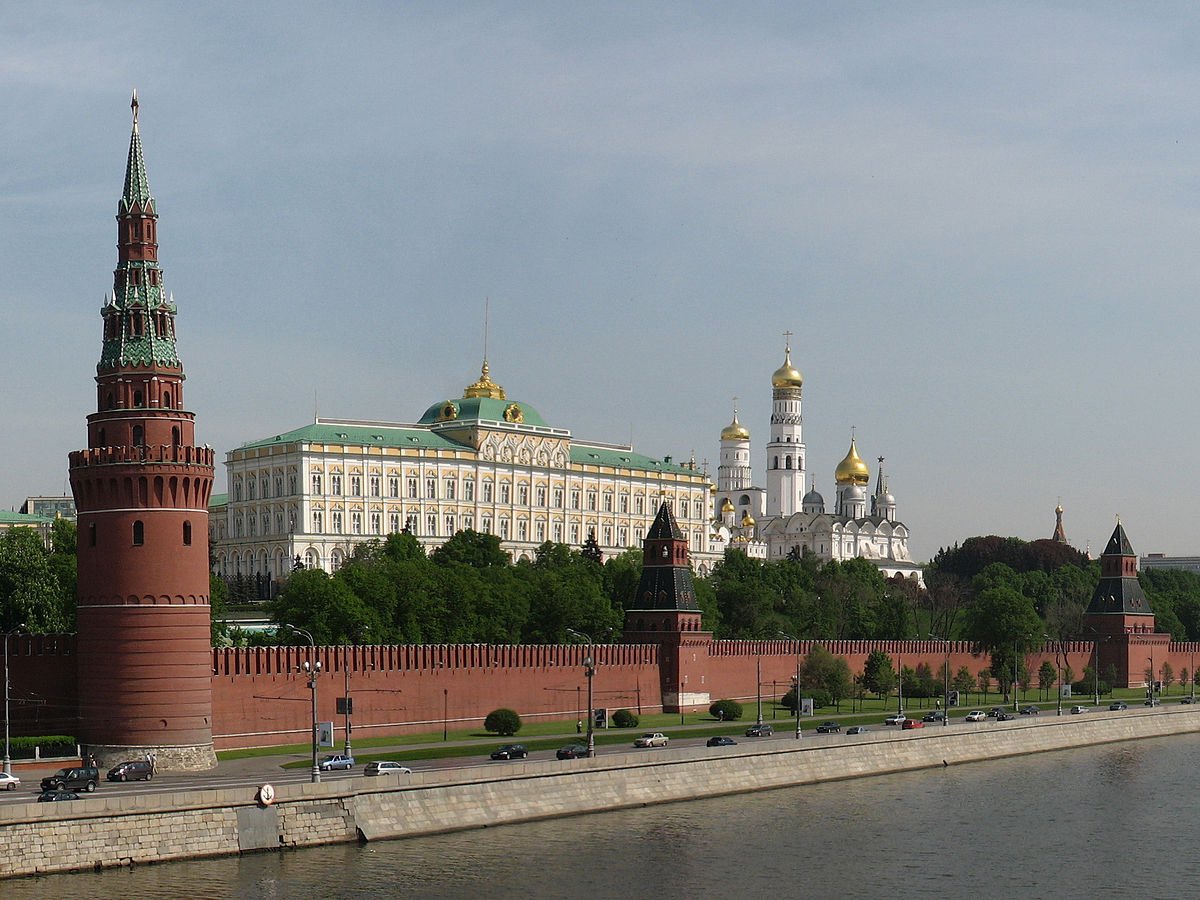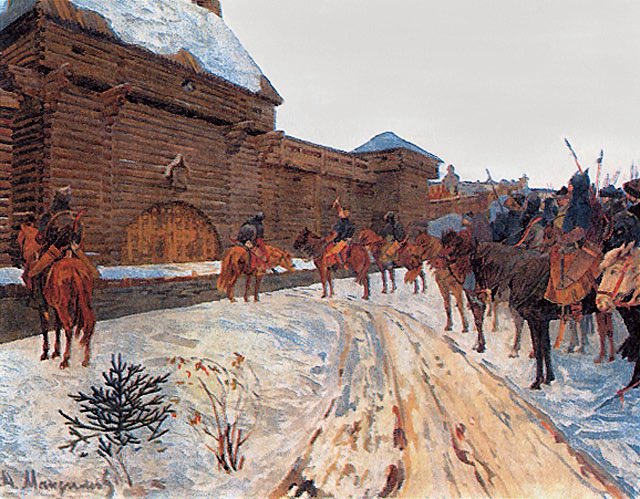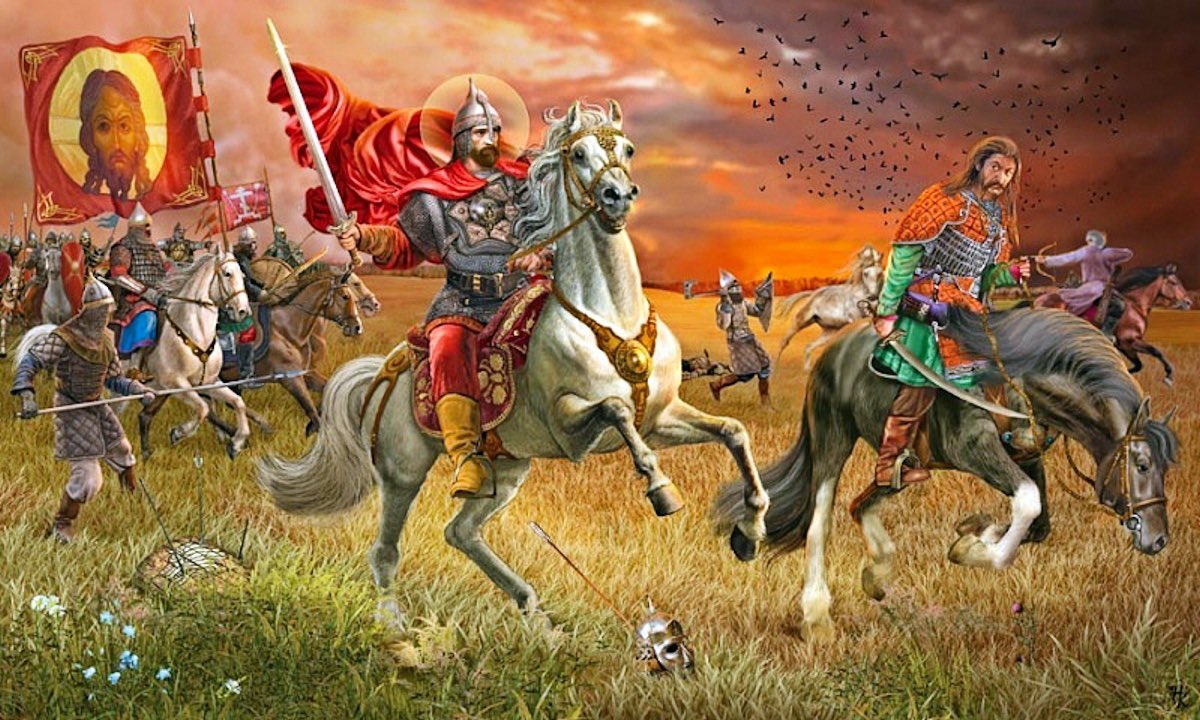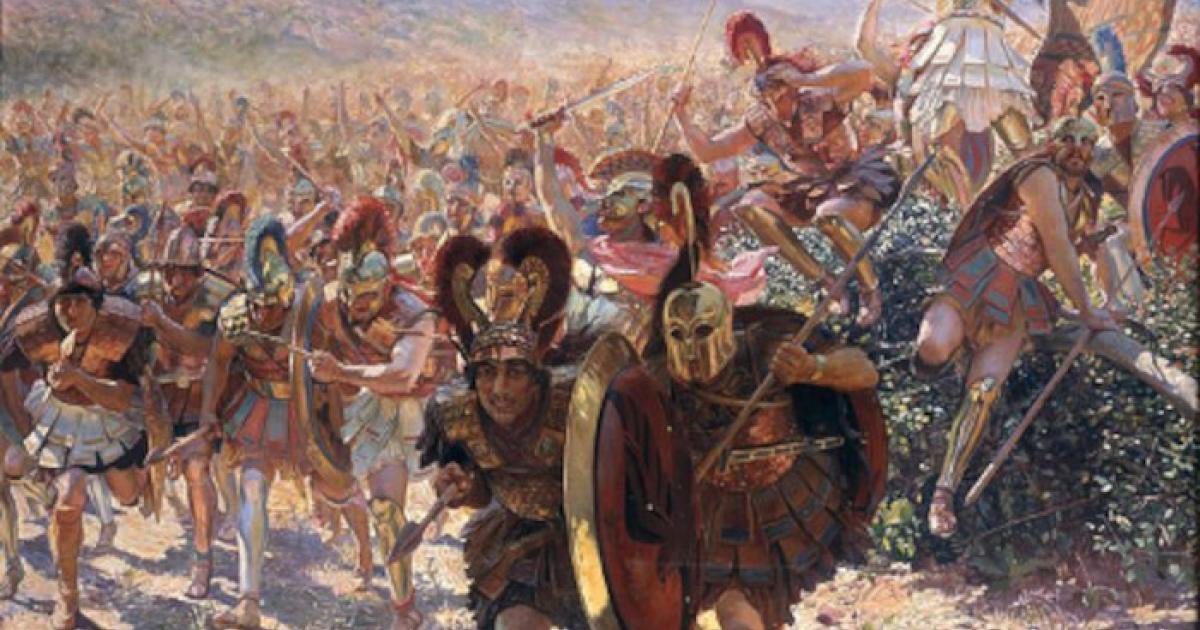Thread: Why Moscow is Russia’s Capital
In the course of the Ukraine war, many people have for the first time been exposed to the idea that Kiev was the original capital of the primitive Russian state. So how and why did Moscow rise to become the seat of power? (1)
In the course of the Ukraine war, many people have for the first time been exposed to the idea that Kiev was the original capital of the primitive Russian state. So how and why did Moscow rise to become the seat of power? (1)

Between roughly 800 and 1240, the East Slavic lands were part of a conglomerated realm known to history as “Kievan Rus.” As the name suggests, Kiev was the seat of power, and the “Mother of Rus Cities.” (2) 

While the name “Kievan Rus” has endured, this was nothing like a unified kingdom or empire. It was a loosely connected assortment of principalities and city states. Kiev was the preeminent city, but did not control the realm. There was no centralized power. (3) 

The Rus principalities had two important things in common. First, a Slavic culture shaped by Orthodox Christianity, and secondly, all their ruling princes were descended from the first Christian prince: Vladimir the Great. (4) 

These princely clans, though all part of the same larger dynasty, branched into loosely connected family lines that ruled in the various regions. In the northeastern forest region, power was held by the line of Prince Vsevolod Big Nest - so named because he had 14 children. (5) 

By the 1100’s, the Kievan lands had largely split into two spheres: a southern realm where the Grand Prince of Kiev held seniority, and a northern realm under Vsevolod’s heirs, who ruled as “Grand Princes of Vladimir.” (6) 

Everything changed when the Mongols arrived. In 1237, a Mongol army under Batu Khan - a grandson of Genghis - swept through the Rus lands, sacking virtually all the major cities, including Kiev. (7) 

The Mongols weren’t just passing through. They soon established a permanent steppe empire directly on the southern border of the Rus - known to us as the Golden Horde. They would be Russia’s overlords for centuries. (8) 

Here, geography becomes crucial. The western Rus lands were able to escape Mongol orbit, both because they were farther from the Mongol capital, and because they were closer to Europe and could get help. Kiev and it’s environs eventually became a Polish-Lithuanian holding. (9) 

For the Rus in the northern forest zone, there was no escaping Mongol overlordship. They were forced to pay heavy taxes, and threatened with punitive raids if they failed to pay up. (10) 

This was a truly unique situation: Orthodox Christian, and under Mongol rule. Unlike the rest of Europe, Russia never had a pope, but it did have a Khan! Prince Alexander Nevsky became a Russian hero, not for fighting the Mongols, but for fighting Catholic crusaders. (11) 

The Mongols, however, soon decided that it was inconvenient to maintain a tax collection force in Russia, so they looked for ways to outsource this job. This is where Moscow comes in. (12) 

Moscow was originally a tiny, unimportant town. Its princes were not prominent, its traders were not wealthy, its army was not strong. It had a decently strategic location in the center of Russia’s heartland river network, but little else to recommend it. (13) 

What Moscow did have was shrewd princes who realized that the Mongols were their ticket to rising far above their station. Muscovite princes quickly earned a reputation for being the most loyal and reliable tax collectors for the Khans. (14) 

The Mongols empowered Moscow to collect taxes from across the Russian lands. This allowed Moscow to become very rich. Not by embezzling the tax - that would get you killed - but by collecting the entire Russian tax payment from other cities, turning Moscow into a tax haven. (15) 

Soon, Moscow’s princes were the richest in Russia. Prince Ivan I became known as “Ivan Kalita” - Ivan Moneybag. Mongol favor also shielded Moscow from the sporadic raids that they would launch into Russia to punish rebellious cities. (16) 

Moscow managed to rise from obscurity to wealth and prominence by being the Golden Horde’s most reliable collaborators. However, this alone was not enough to vault Moscow to true national power. The real twist was Moscow’s fantastic 14th century pivot. (17) 

The Golden Horde began to crack. Plague, palace coups, and wars with other Mongol states destabilized it. With perfect timing, Moscow reversed course: from being a Mongol collaborator, to leading open Russian resistance to Mongol rule. (18) 

In 1380, young Prince Dmitri of Moscow defeated a Mongol army at Kulikovo field near the river Don - the first time Russia ever beat the Mongols in the field. For this achievement, he is remembered as Dmitri Donskoi. (19) 

Mongol power would wax and wane before finally being pushed out of Russia for good. But from the mid-1300’s onward, Moscow was the undisputed center of Russian resistance, and eventually the leader of its liberation. (20) 

With the fall of Byzantium in 1453, a new religious dimension entered the equation. Russia was now the last independent Orthodox land in the world. Feeling vulnerable and under siege by Islam and Catholicism, the Church rallied behind its protectors: the Princes of Moscow. (21) 

By the late 1400’s, Prince Ivan III was styling himself “Grand Prince of all Rus”, and even informally using the title царь, or “Tsar” in a Slavic variant of Caesar. Now the undisputed ruler of the Russian heartland, he began to directly annex the lands of all other princes. (22) 

By the reign of Ivan III’s grandson, this process was complete. Ivan IV was the sole Tsar and Autocrat of all Russia. We know him as Иван Грозный - Ivan the Terrible. Moscow’s rise to power was accomplished. (23) 

Moscow’s rise was the result of its princes adapting their policies perfectly around the Mongols. While the Khans were strong, they cooperated and grew rich. When the Khans were weak, they instantly pivoted and lead the national resistance. (24) 

Ultimately, Moscow won the struggle for power in Russia by constantly leveraging new sources of power, from Mongol muscle, to the Russian independence movement, to the Orthodox Church. And to this day, that formerly insignificant little town is a seat of world shaking power. (25) 

Addendum: Kievan Rus remains a highly controversial topic. Where these people Russian or Ukrainian? Truly, neither. They were the East Slavic ancestors of these modern nations. I have tried my best to show this organic development and be respectful of the great Slavic peoples.
• • •
Missing some Tweet in this thread? You can try to
force a refresh









